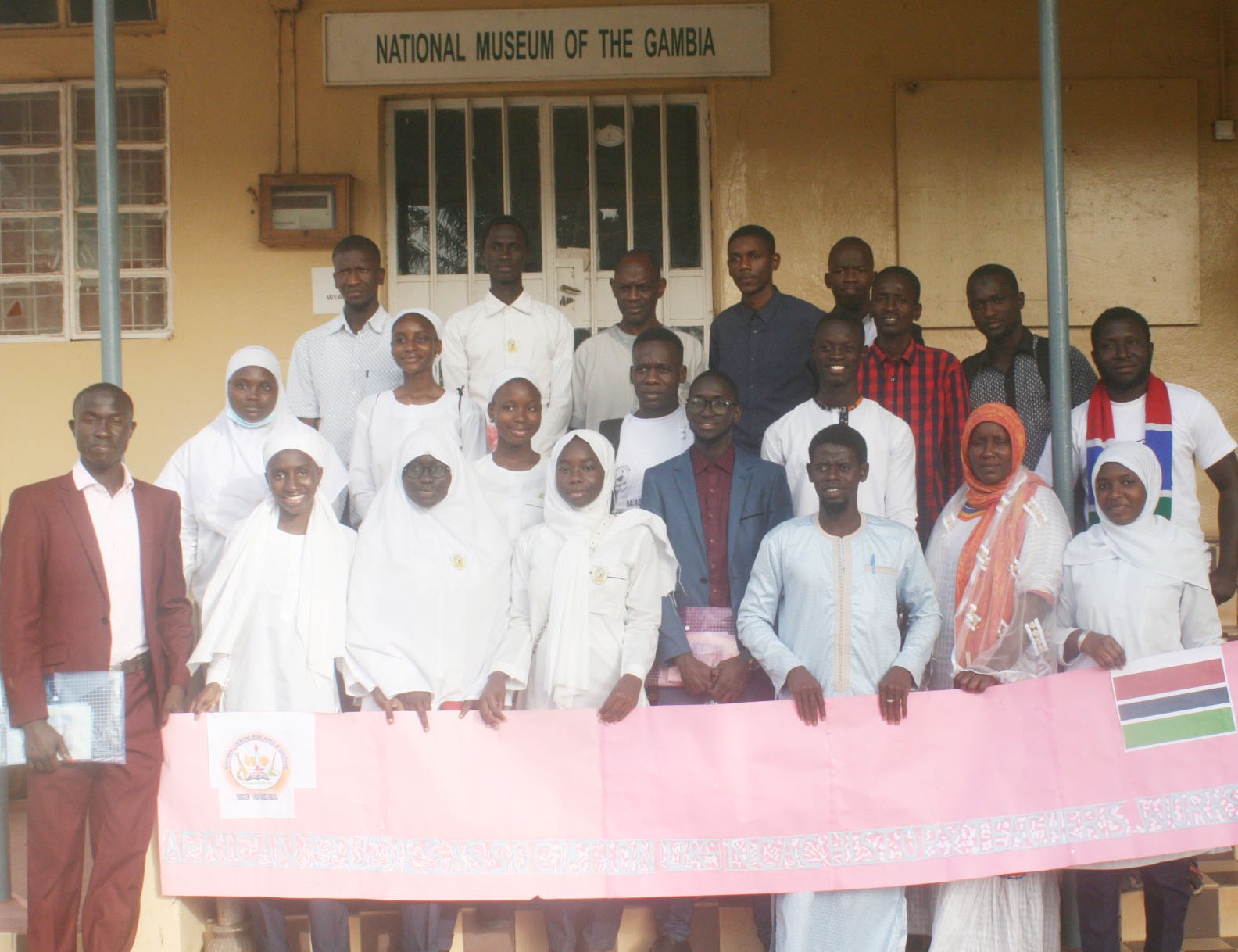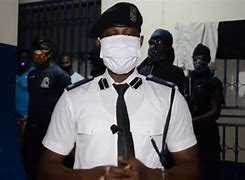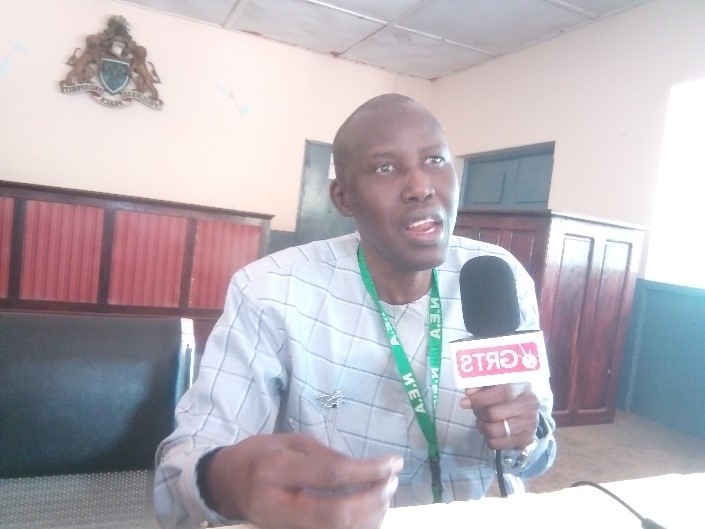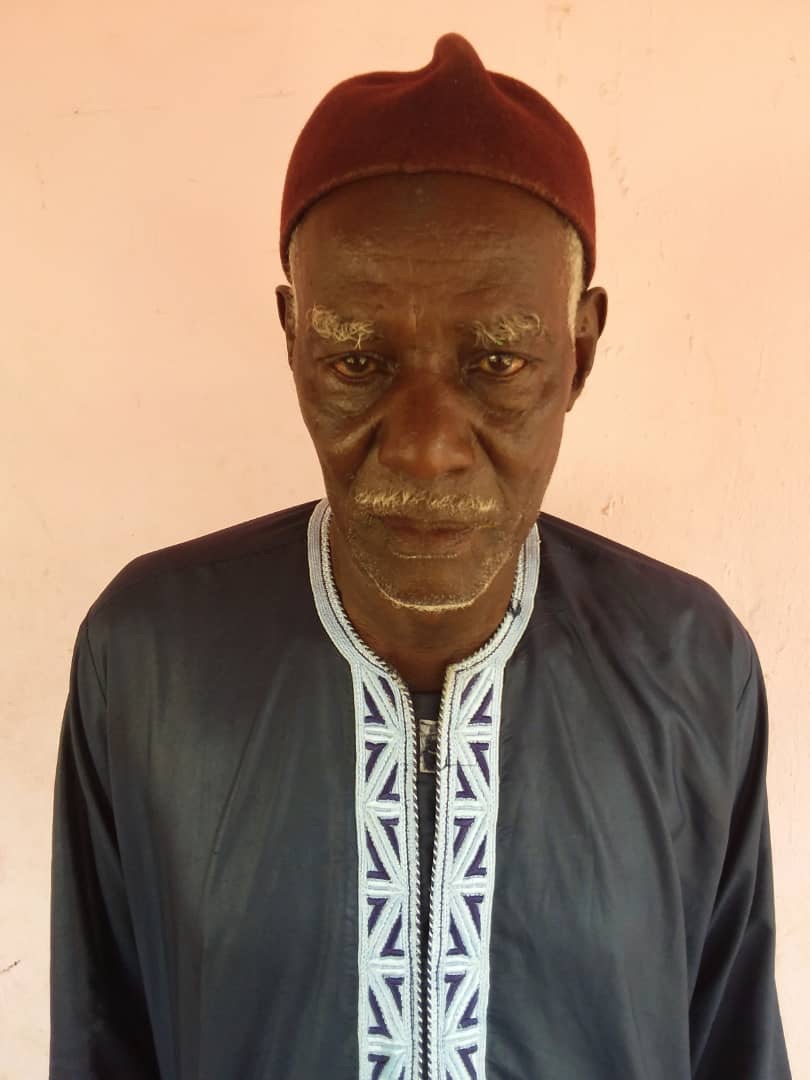By Yunus S Saliu
The National Centre for Arts and Culture (NCAC) in conjunction with African Studies Association United Kingdom (ASAUK) Thursday conducted a daylong training for history teachers in the Gambia high schools and also introduced them to history e-Book (online) called History Textbook West African Senior School Certificate Examination.
Commenting on the history e-Book, Hassoum Ceesay, Director General of the NCAC also one among the authors disclosed that it is a free resource that covers all the current syllabus, as well as including two chapters (11. Women, Gender and Political Authority; 12. The Environment in West African History) which – it is hoped – might be later added.
The daylong training on the e-Book, he said, was used to introduced the (30) participants/history teachers and students to the ‘WASSCE History e-Book, an overview of its content and process via Zoom.’ Also, the training discussed WASSCE History e-Book: as a resource for Gambian history teachers, teaching history in Gambian Schools: challenges among others.
Mr Ceesay disclosed that the e-Book History Textbook: West African Senior School Certificate Examination which can be accessed through www.wasscehistorytextbook.com or downloaded was authored by a selected team of historians, researchers, and writers from different parts of West Africa, this include Achebe, Nwando, Samuel Adu-Gyamfi, Joe Alie, Hassoum Ceesay, Toby Green, Vincent Hiribarren, Ben Kye-Ampadu.
Apart from accessing it through online, “we digitized the e-Book in over 3000 flash drives ready for distribution to Gambian schools free of charge,” he said, while assuring the teachers and students that the resource materials of the e-Book concerns history of West African Examinations Council syllabus “and it stance out because it is very researched and accessible and also written by qualified season historians and history teachers.”
The DG revealed that the intention of NCAC is to improve and support the teaching of history in Gambia “that’s the reason we introduced them (history teachers) to the e-Book, the content of the book and how the book can be used to the maximum and be effective in the schools.”
More so, he said student were also included in the training so that they will spread the message to their peers in different schools about the existing of the e-Book which can be accessed through the website or the flash drive to be distributed free of charge across high schools in The Gambia.
He noted that the authors hope that this content will allow secondary school students to gain a good overview of West African history as their syllabus defines it, and at the same time contribute to new debates.
Quoting from the e-Book expressed that “the textbook has been designed by matching up expertise and relevance of authors, geographical coverage for countries sitting the WASSCE exams, and ability to engage in collective work. Historians based in Ghana, Sierra Leone and The Gambia work here with Nigerian scholars in the Diaspora. Together with this team are two colleagues selected for their particular expertise, from King’s College London.”
Expressing gratitude to the partners, the NCAC boss disclosed that the collaboration started under the leadership of Professor Toby Green-Professor of History at Kings College London who has used the NCAC archives for much of his researches on African histories particularly history of Senegambia who therefore “has the idea that historians from The Gambia and other parts of west Africa should come together to use the oral resources at the NCAC to develop a textbooks of the histories in syllabus for high schools in West Africa.”
Among contents of the e-Book Historiography and Historical Skills, Trans-Saharan Trade, Origins, organization and effects in the development of West Africa; Islam in West Africa, introduction, spread and effects; European Contact with West Africa; Trans-Atlantic Slave Trade; Christian Missionary Activities in West Africa; Scramble for and Partition of West Africa; Colonial Rule in West Africa; Problems of Independent West African States; West Africa and International Organizations; Women and Authority in West African History; The Environment in West African History; Conclusion: Future Directions for Students and Teachers.





